Talk about a state that has a myriad of rules when it comes to driver’s licenses, and Colorado might be at the top of the list.
They are serious about road safety, and it’s understandable since the state has seen a 50 percent rise in motor vehicle crashes since 2011, with an eight percent rise in mortality in 2021 over the previous year.
So, how often do you need to renew your license in Colorado?
Drivers 61 and up must renew their licenses every five years, while those under that age must do so every ten years.
There are also restrictions for drivers under 21 and over 61 in terms of online renewal of their licenses.
Table of Contents
How do I renew my Colorado driver’s license?
To renew your adult driver’s license or ID card, you must do it before the expiration date; if your license has expired for more than a year, you can’t renew it online.
Up to one year after expiration, non-commercial driving licenses and instruction permits can be renewed without retaking the test.
What verification do I need to prove online renewal eligibility?
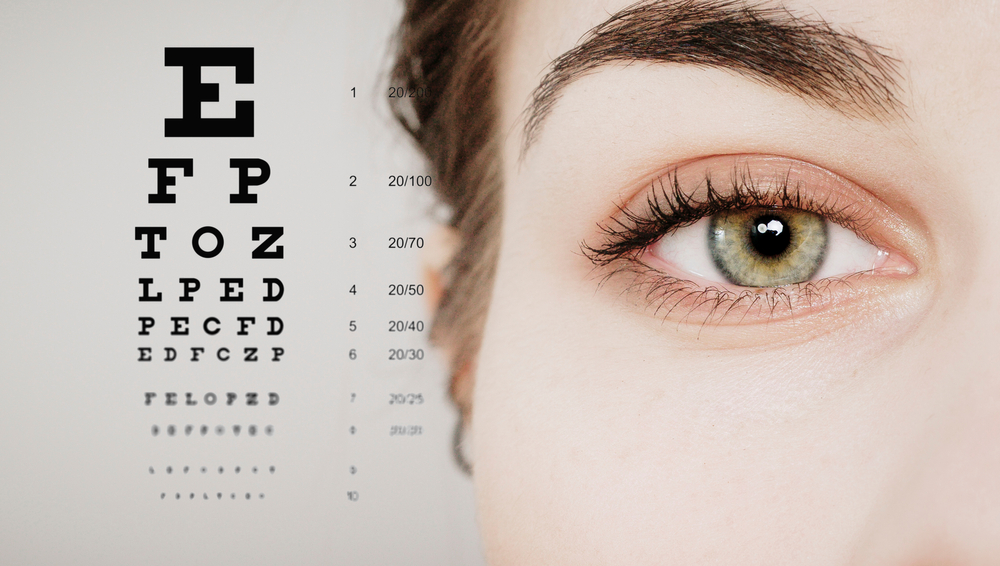
Please be aware that your paper receipt as well as the old/expired credentials will function as your temporary credentials when you renew your driver’s license or id card online.
Unlike when you visit a Division of Motor Vehicles (DMV) office, you will not be given the same temporary identification card.
- An eye examination must be completed within one year before the renewal of a Colorado driver’s license for those under the age of 80.
- The signature of an ophthalmologist or optometrist attesting that the individual has had an eye test within the past six months and alluding to the findings of the examination is required for Coloradans over the age of 80 who renew electronically.
People who have turned 21
To obtain an over-21 ID or license, those turning 21 must apply no earlier than the day they turn 21 or any time after.
Prepare for your appointment ahead of time by bringing:
- Driver’s license
- Instruction permit or identification card from the state of Colorado
Expired driver’s licenses or identification cards
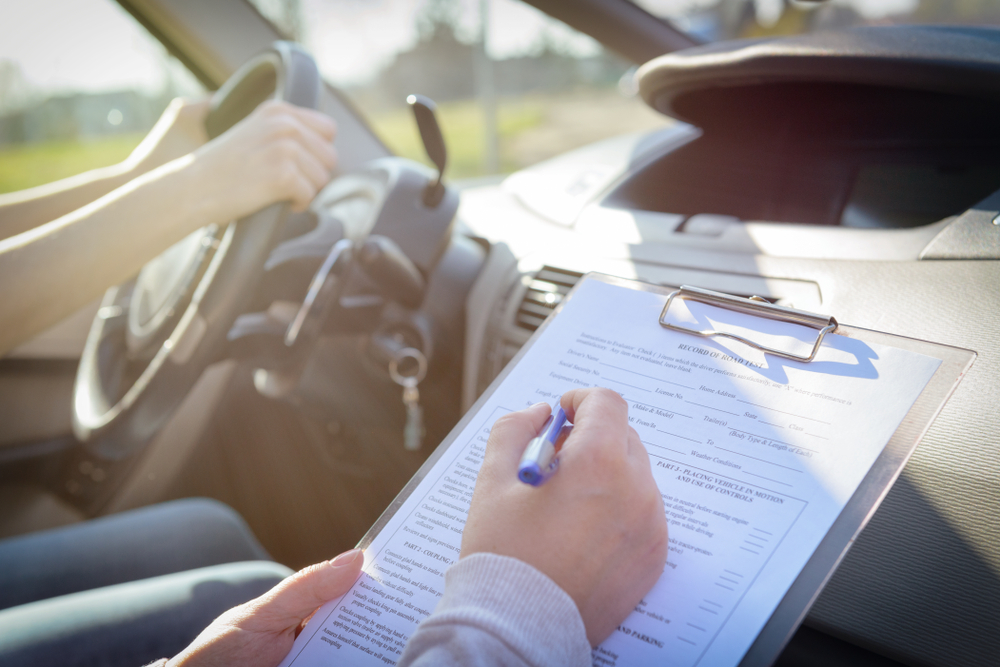
The written exam, an instruction permit, a driving test, and a driver’s license are all required if your license has lapsed for more than a year.
Currently, the DMV does not give driving tests.
Proof of lawful residence in the United States will be required if your existing Colorado ID card or driving license expires and you are the owner of a U.S. passport or have permanent legal resident status.
You will need:
- Your social security number
- The most recent utility bill from the state of Colorado
- Approved fees
Plan your appointment ahead of time
It’s important to plan your visit to the DMV ahead of time to be sure you have everything taken care of to be prepared for your license renewal.
To get a vision checkup, go to the vision screening (for permits and driver’s licenses). You will also need to verify or initially document your signature, fingerprints, and photo.
How long will it take for me to receive my new license?
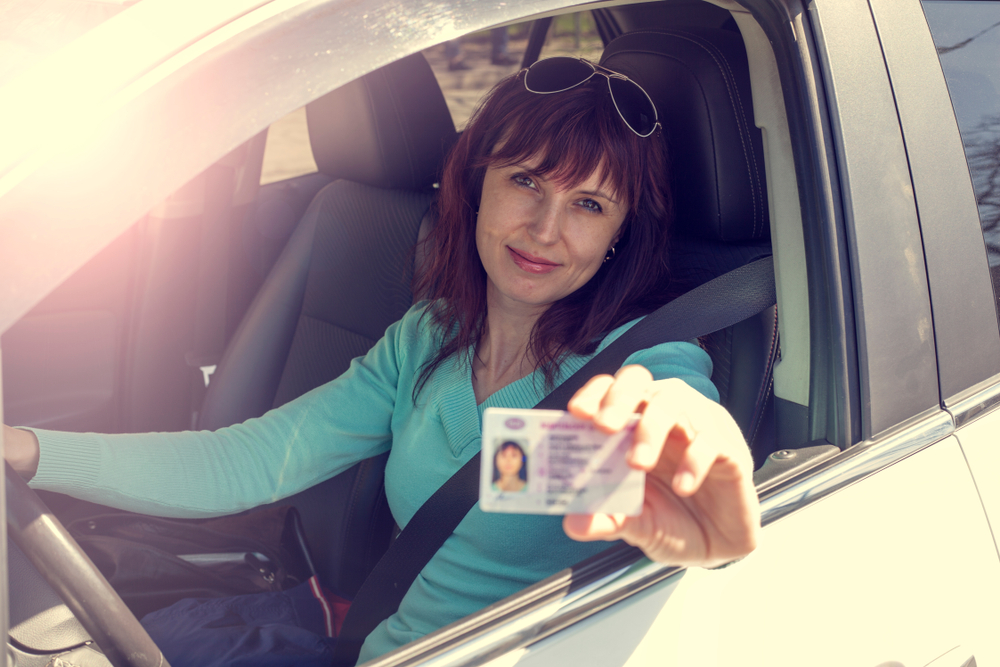
The DMV will use the address you provided to send your new driver’s license, permit, or ID card.
Documents are typically sent in 10–14 working days, but it might take up to a month to arrive.
If it’s been more than a month and you still haven’t received the new license, use the DMV’s online site to inquire about output and its progress.
Colorado’s regulations for senior drivers
All drivers in Colorado are subject to a wide range of rules and regulations enforced by the state’s DMV, but senior drivers have additional requirements and restrictions.
There is a whole range of Colorado state rules that focus on recognizing and dealing with elderly drivers who may be problematic. In Colorado, specifically:
- Renewal is required every five years
- Drivers 66 and above cannot update online
- Vision examinations for drivers 66 and above are mandated
- Written reports from enforcement agencies, judges, physicians, as well as close family members regarding drivers who are deemed as being risky, are welcomed
Renewing driver’s licenses for the elderly in Colorado
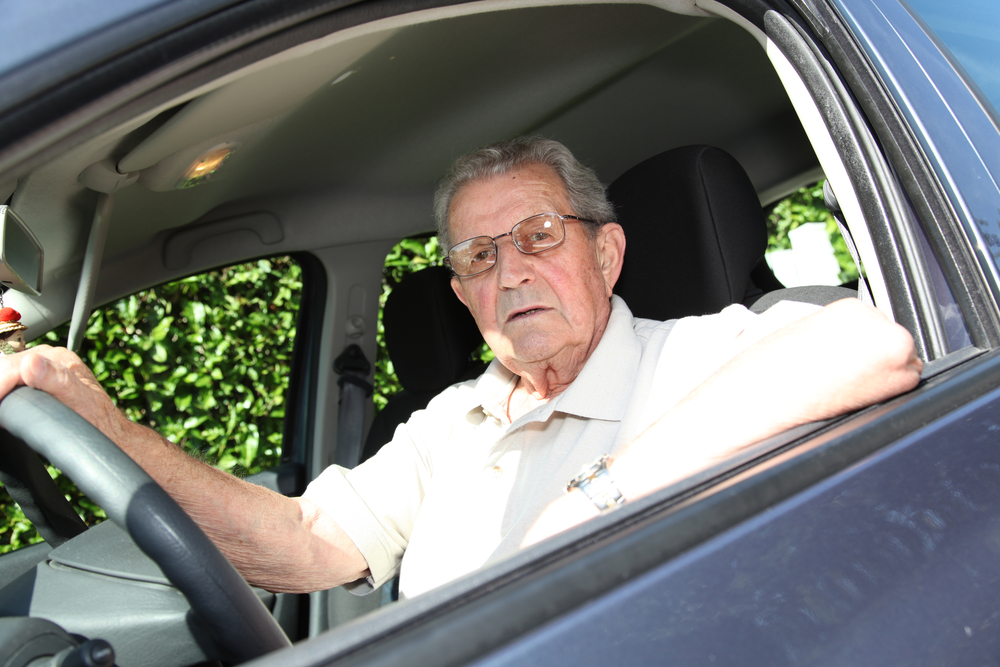
Drivers above the age of 61 are also subject to additional requirements when renewing their licenses including:
- Driving licenses must be renewed every five years for drivers over the age of 61, and every 10 years for those under the age of 61
- Drivers 66 and older can check their potential to renew by mail by sending their name, birth date, as well as driver’s license number to the state’s revenue department
- Drivers over the age of 66 must pass a vision test
- Those who have been reported impaired by law enforcement, a court, practitioner or optician, or a close relative; might even be obliged to take the written exam
- An officer, judge, doctor or ophthalmologist, or even a member of the driver’s family might make the case for a road test if there are signs of driver impairment
Licensing restrictions in Colorado
After giving a driving test plus addressing potential limits for a driver, the Colorado DMV has the authority to impose limitations or conditions on that driver’s license.

The most prevalent limitation for elderly drivers is the requirement for corrective lenses, whether they are glasses or contact lenses.
Additionally, the DMV may compel senior drivers to refrain from driving on freeways, install a right-side mirror on their car, and refrain from driving at night or at certain times of day, such as during rush hour.
Making a Colorado “Unsafe Driver Investigation” request
Requests for an examination or reexamination of a driver by the Colorado DMV can be made in writing:
- When a court finds that an individual is not mentally fit, police officers, optometrists, or close relatives – such as a child, parent, or spouse – are often called in to assist.
- The cause for the re-examination or medical necessity must be included in the request.
- A full name, address, plus relationship with the driver have to be provided by the individual making the request.
- Drivers can obtain a copy of the request for a charge of $2.20 and have it kept confidential.
Doctor’s reporting requirements
While not necessary, Colorado doctors are advised to notify the DMV of any conditions that could cause a patient to lose consciousness, have seizures, or otherwise impair their safety on the road.

How can you regain control of your driving privileges?
If your driver’s license has been suspended or withdrawn, you can seek assistance from one of the state’s Driver’s Licenses Offices.
Drivers with disabilities who need parking or license plate placards can apply for them there.
If a licensed health expert establishes that the motorist has impaired mobility, parking stickers, as well as license plates, could be issued.
These include if you:
- Are unable to walk over 200 feet without stopping to rest
- Are unable to walk without the assistance of a physical object
- Have serious lung illness and use portable oxygen
- Are eligible for the placards and plates
- Because you’re unable to walk owing to an arthritic, neurological, or orthopedic disability
- Because you have a severe cardiac condition
How to get a disability parking permit
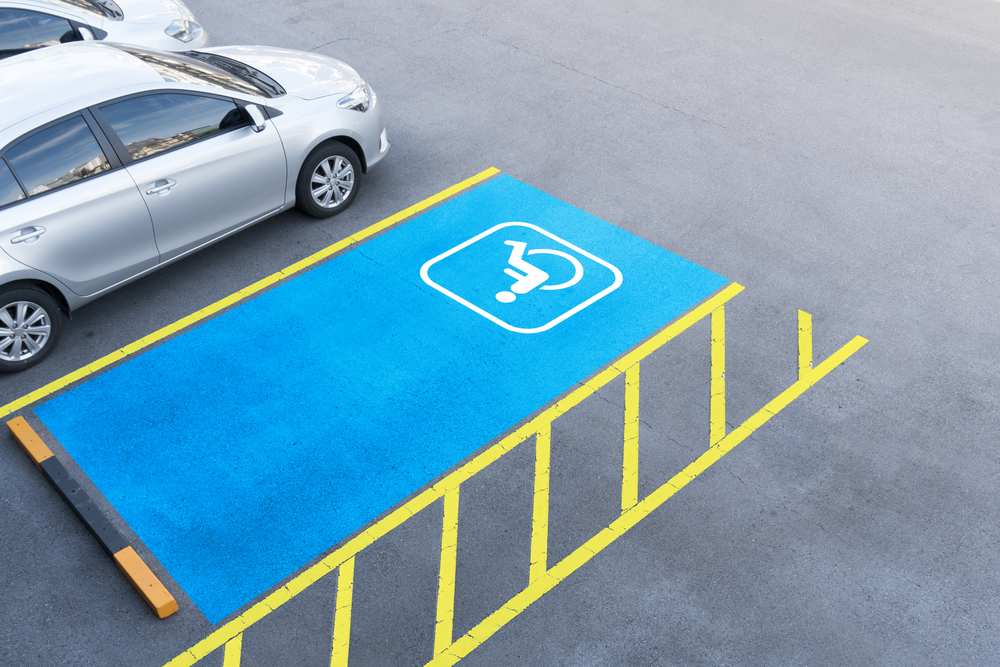
Obtaining a disability parking permit or plate in Colorado requires the following steps:
- Fill out and sign an application for parking privileges for people with disabilities.
- The center section of the form should be filled out by a licensed physician, health worker, advanced clinical nurse, physician’s aide, podiatrist, chiropractor, or physiotherapist.
- Send the application in its entirety to the address provided on the document.
Drivers’ requirements in Colorado
You can find up-to-date information about licensing and titling for Colorado drivers at the DMV website.
The Colorado Driver Handbook, which might be downloaded for free, offers information on driving safety and local and state rules of the road.
Minor drivers’ passenger and curfew laws
State law bans anybody under the age of 18 from operating a motor vehicle unless accompanied by a parent or legal guardian.
The law also bans all passengers less than 21 who are not immediate family members of the driver until they have held a driver’s license for at least half a year, and two or more passengers younger than 21 who are not immediate family members until they have held a driver’s license for at least one year.

Drivers below age 18 are required to use a seatbelt or otherwise restrain any passengers in their vehicles.
Passenger limitations can be waived if the following conditions are met:
- An adult who has retained a valid driver’s license for at least a year is in the vehicle.
- A passenger below the age of 21 is in the vehicle due to a health emergency or a primary family member under the age of 21 is under their seatbelt.
- An adult who has signed an affidavit of liability for the minor is in the car.
If you haven’t had your license for one year, you can’t drive from the hours of 12:00 to 5:00 a.m. either.
What are the exceptions for youth drivers?
There must be a person over the age of 21 who has maintained a valid driver’s license for a minimum of one year in the car; or the minor must be driving due to a medical emergency, going to school, attending school-related activities, or going to work.
Infractions committed in contravention of the rules are penalized by:
- Community service,
- A maximum $50 fine
- Two points on a driver’s license
There are also penalties for the second or subsequent offense(s):

- A fine of up to $150
- 16 to 40 hours of community service
- Two points on the driver’s license will be assessed

















